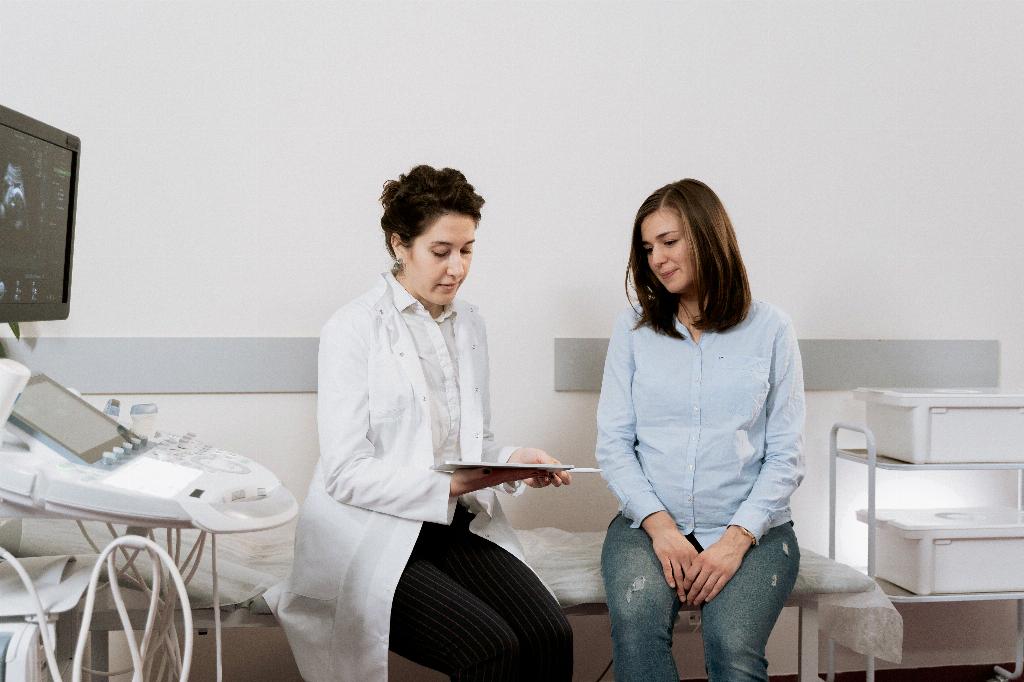When it comes to managing anxiety during pregnancy, it’s crucial to prioritize both your mental health and the well-being of your unborn child. Many expectant mothers may find themselves grappling with the question of which anxiety medications are safe to use during pregnancy. While it’s essential to consult with your healthcare provider before starting any medication regimen, there are some options that are generally considered safer for use during pregnancy.
Selective Serotonin Reuptake Inhibitors (SSRIs)
One category of medications that are often deemed safe for pregnant individuals dealing with anxiety are selective serotonin reuptake inhibitors (SSRIs). SSRIs like citalopram (Celexa), sertraline (Zoloft), escitalopram (Lexapro), and fluoxetine (Prozac) are commonly prescribed to manage anxiety disorders and are usually considered safe options during pregnancy. These medications work by increasing the levels of serotonin in the brain, helping to regulate mood.
Buspirone
Another medication that may be considered safe for anxiety treatment during pregnancy is buspirone. Buspirone is a medication commonly used to treat generalized anxiety disorder. It works by affecting the neurotransmitters in the brain and can help alleviate anxiety symptoms without posing significant risks to the developing fetus. However, as always, it’s crucial to consult with a healthcare provider before starting any new medication regimen.
Cognitive Behavioral Therapy (CBT)
While medication can be a helpful tool in managing anxiety, some pregnant individuals may prefer to explore non-pharmacological options. Cognitive Behavioral Therapy (CBT) is a type of therapy that can be highly effective in treating anxiety disorders. Through CBT, individuals learn to identify and change negative thought patterns and behaviors that contribute to anxiety, promoting healthier coping mechanisms.
Exercise and Relaxation Techniques
In addition to therapy and medication, incorporating regular exercise and relaxation techniques into your daily routine can also help alleviate anxiety symptoms during pregnancy. Exercise releases endorphins, which are natural mood-boosting chemicals in the brain, while relaxation techniques such as deep breathing, meditation, or yoga can help calm the mind and reduce stress.
Herbal Remedies and Supplements
Some individuals may also consider using herbal remedies or supplements to manage anxiety during pregnancy. However, it’s essential to approach this option with caution, as not all herbal remedies are safe for use during pregnancy. It’s crucial to consult with a healthcare provider or a qualified herbalist before incorporating any herbal remedies or supplements into your routine.
Support from Loved Ones
During pregnancy, the support of loved ones can play a significant role in managing anxiety. Whether it’s through emotional support, lending a listening ear, or helping with practical tasks, having a strong support system in place can help alleviate feelings of isolation and anxiety. Don’t hesitate to reach out to friends, family, or a therapist for additional support.
Self-Care Practices
Practicing self-care is crucial for maintaining your mental and emotional well-being during pregnancy. Engage in activities that bring you joy and relaxation, whether it’s taking a warm bath, reading a good book, or spending time in nature. Remember that taking care of yourself is not selfish but necessary for your overall health.
Healthy Lifestyle Choices
Engaging in healthy lifestyle choices can also contribute to reducing anxiety levels during pregnancy. Eating a balanced diet, getting an adequate amount of sleep, and staying hydrated are essential for both your physical and mental health. Avoiding substances like alcohol and caffeine that can exacerbate anxiety is also crucial.
Open Communication with Healthcare Providers
Communication with your healthcare providers is key in managing anxiety during pregnancy. Be open and honest about your symptoms, concerns, and any medications or treatments you are considering. Your healthcare provider can offer guidance, monitor your progress, and make adjustments to your treatment plan as needed to ensure the safety of both you and your baby.
Monitoring Your Symptoms
Throughout your pregnancy, it’s essential to monitor your anxiety symptoms and how you respond to any treatment you are receiving. Keep track of any changes in your mood, thoughts, or behaviors and communicate these with your healthcare provider during your appointments. By staying vigilant and proactive, you can ensure that you are receiving the care you need.
Seeking Help When Needed
If you find that your anxiety symptoms are becoming overwhelming or significantly impacting your daily life, don’t hesitate to seek help. Your mental health is just as important as your physical health, and there are resources available to support you during this time. Reach out to your healthcare provider, a therapist, or a mental health professional for assistance.

